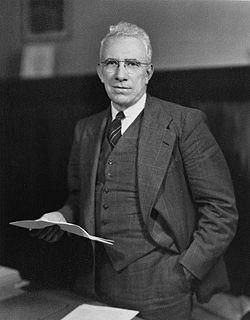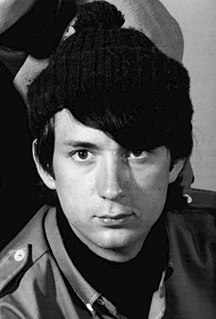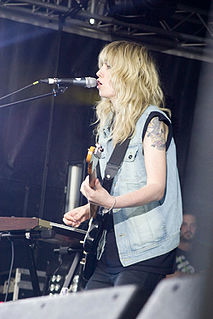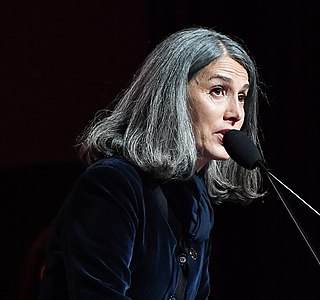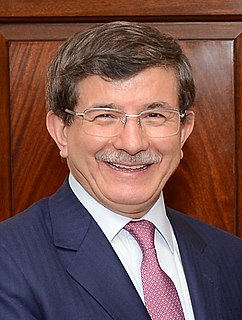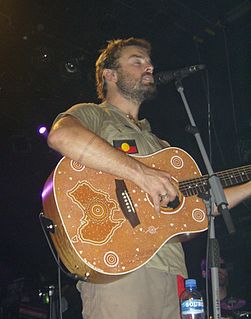A Quote by Helen Clark
It's fair to say that, for much of my lifetime, New Zealand certainly was a property-owning democracy and working people, ordinary people, had assets.
Related Quotes
In New Zealand we had this colossal squid, which was discovered just off the shores of New Zealand, between New Zealand and Antarctica back in 2003. It's the biggest squid ever found, and I know that there's things living down in the depths of the ocean that do explain the Kraken - you know, these giant things that people saw back in the day, that could take ships down - and so I know that there's stuff out there, and I like the idea that we haven't solved everything yet.
I think some people are not interesting to themselves. They're the sad, resigned folk. When people call themselves ordinary - "I'm just an ordinary person" - you do wonder what they mean, because people who call themselves ordinary occasionally turn out to be serial killers. Beware of those who say they're ordinary.



